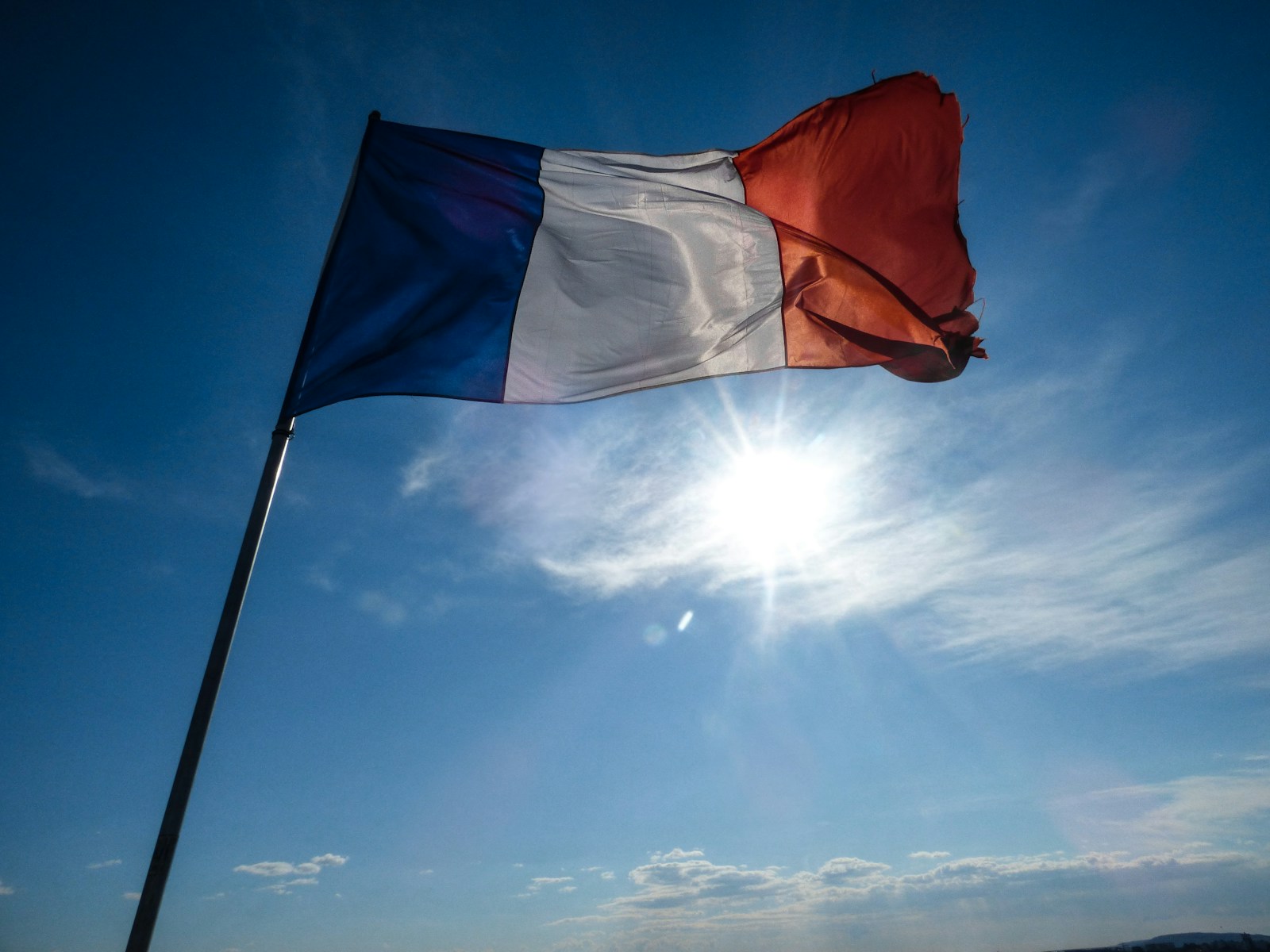Key Takeaways
- Envoy Steve Witkoff made a phone call to a Russian official on October 14 about ending Russia’s war in Ukraine.
- Critics, including some Republicans, called the Witkoff call a serious mistake.
- President Trump defended the Witkoff call as normal dealmaking.
- In the Witkoff call, possible land swaps like Donetsk were mentioned.
- Bloomberg News published the full transcript of the Witkoff call.
What Happened in the Witkoff Call?
On October 14, Steve Witkoff, a top envoy for the Trump administration, spoke by phone with a senior Russian official. During that call, he said that a quick chat with President Trump could “smooth over” tough negotiations. According to a published transcript, Witkoff discussed possible steps to help Russia and Ukraine reach a peace deal. For example, he mentioned that Donetsk might be part of a land swap.
The call drew attention because it touched on core U.S. foreign policy. Normally, only senior government leaders handle such high-stakes talks. Moreover, the transcript revealed private suggestions that some see as too soft on Russia. Many experts worry the call could weaken America’s position in the conflict.
Criticism Grows Over Witkoff Call
Right after the transcript came out, voices on both sides of the aisle raised alarm. Some diplomats said that Witkoff overstepped his authority. A few Republicans blasted the call as a “fiasco and a blemish on our country.” They argued a business figure should not negotiate war terms.
In addition, foreign policy analysts warned that hinting at Donetsk land swaps could upset Ukraine. They stressed that Ukraine alone must decide its borders. Also, they pointed out that any peace deal must respect Ukraine’s sovereignty. Therefore, critics say the Witkoff call risked sending mixed signals to Kiev.
Trump’s Defense of the Witkoff Call
However, President Trump quickly stepped in to defend his envoy. He told reporters that the Witkoff call was “a standard thing.” After all, Trump said, that is what a dealmaker does. He added that Witkoff had made “similar comments” to Ukrainian officials.
Trump insisted he had been fully aware of the call. He claimed it fell in line with his own approach to foreign negotiations. Moreover, Trump said the discussion could speed up peace talks. He argued that private back channels sometimes help tough negotiations move forward.
Possible Land Deals Mentioned in the Witkoff Call
Reading the transcript shows Witkoff laying out specific suggestions. He told the Russian official that “Donetsk and maybe a land swap somewhere” might seal a deal. He explained that Russia had to give something up for peace. Yet, he also noted that Ukraine might need to make concessions too.
This talk of land swaps alarmed many Ukraine supporters. They worry Russia could force Ukraine to cede territory. In response, some Ukrainian voices demanded clarity from the U.S. government. They want an official statement that no U.S. envoy speaks for Ukraine about its land.
What Comes Next After the Witkoff Call?
First, Congress may hold hearings to look into the Witkoff call. Lawmakers want to know who approved the outreach and what instructions Witkoff had. They will ask if the envoy had the power to discuss land changes.
Second, the State Department might review its procedures. It needs to ensure that high-level peace ideas go through proper channels. In addition, the White House could issue new guidelines. These guidelines would spell out who handles future Ukraine peace talks.
Finally, Russia and Ukraine will watch closely. If the call leads to more talks, both sides will need clear rules. Ukraine will insist on its right to agree or refuse any terms. Meanwhile, Russia will test whether back-channel ideas can break the negotiation deadlock.
Why This Matters
It matters because the United States plays a central role in ending the war. Peace talks hinge on clear U.S. leadership. When an envoy floats land swaps without official backing, it creates doubt. Moreover, allies may wonder who really speaks for America. Thus, critics say, the Witkoff call risked confusing friends and foes alike.
At the same time, private diplomacy has a long history. Some past deals needed informal talks before formal talks could start. In this view, the Witkoff call was merely a first step. Supporters say we should wait to see if it produces real progress on the battlefield.
Future peace efforts will need trust on all sides. If Ukraine and its allies lose faith in U.S. support, talks could stall. Conversely, if Russia doubts America’s resolve, it may keep using force. Therefore, clear, official channels are vital. In light of that, many see the Witkoff call as a warning sign.
FAQs
What did Steve Witkoff propose in his call with Russia?
He suggested that Russia might keep Donetsk and explore a land swap to end the war faster. He also said he could use a chat with President Trump to “smooth over” negotiations.
Why did people criticize the Witkoff call?
Critics said Witkoff overstepped his authority, risking mixed messages about U.S. policy. They worried a private envoy should not negotiate land terms for Ukraine.
How did President Trump respond to the backlash?
Trump called the Witkoff call “a standard thing” for a dealmaker. He added that Witkoff made similar comments to Ukrainian officials and acted with approval.
What might happen next after the Witkoff call?
Congress may hold hearings to review the call. The State Department could tighten rules on private diplomacy. Ukraine and Russia will watch to see if the call leads to formal peace talks.
